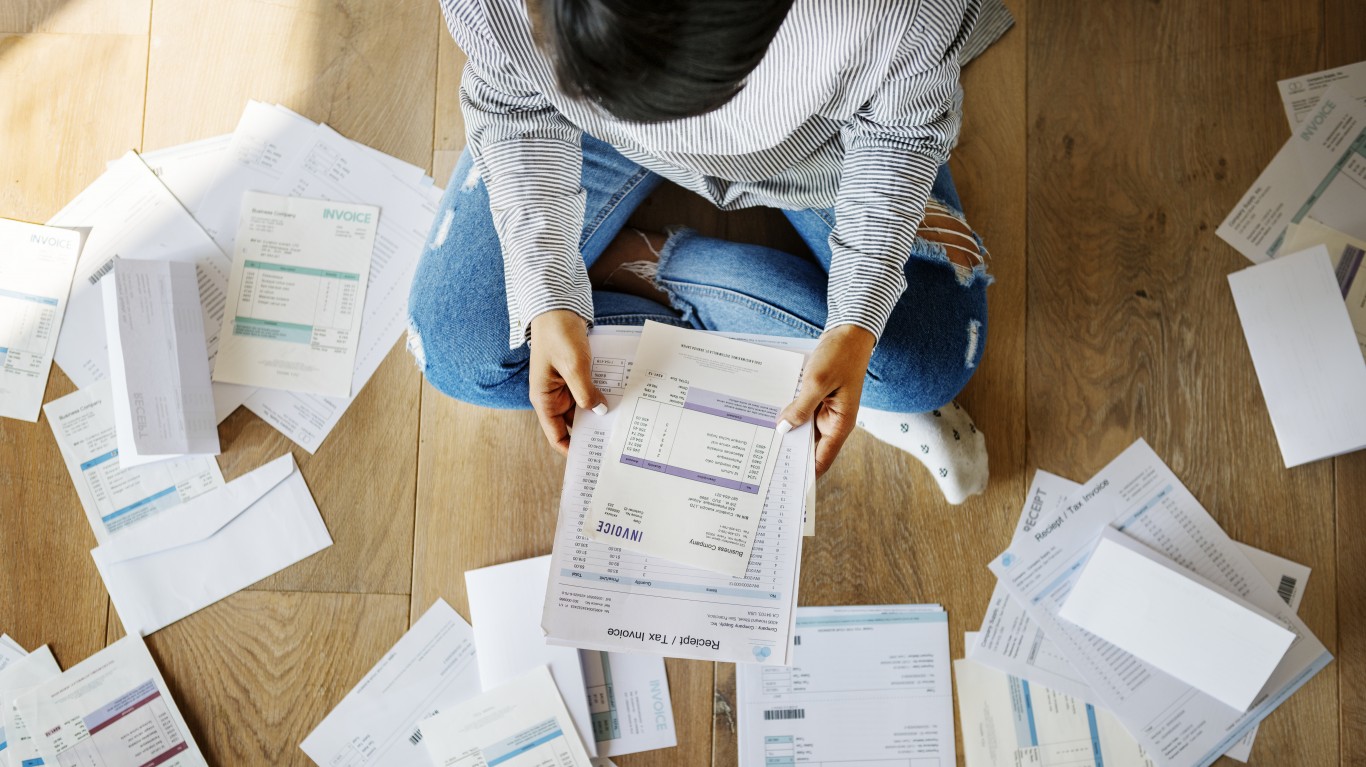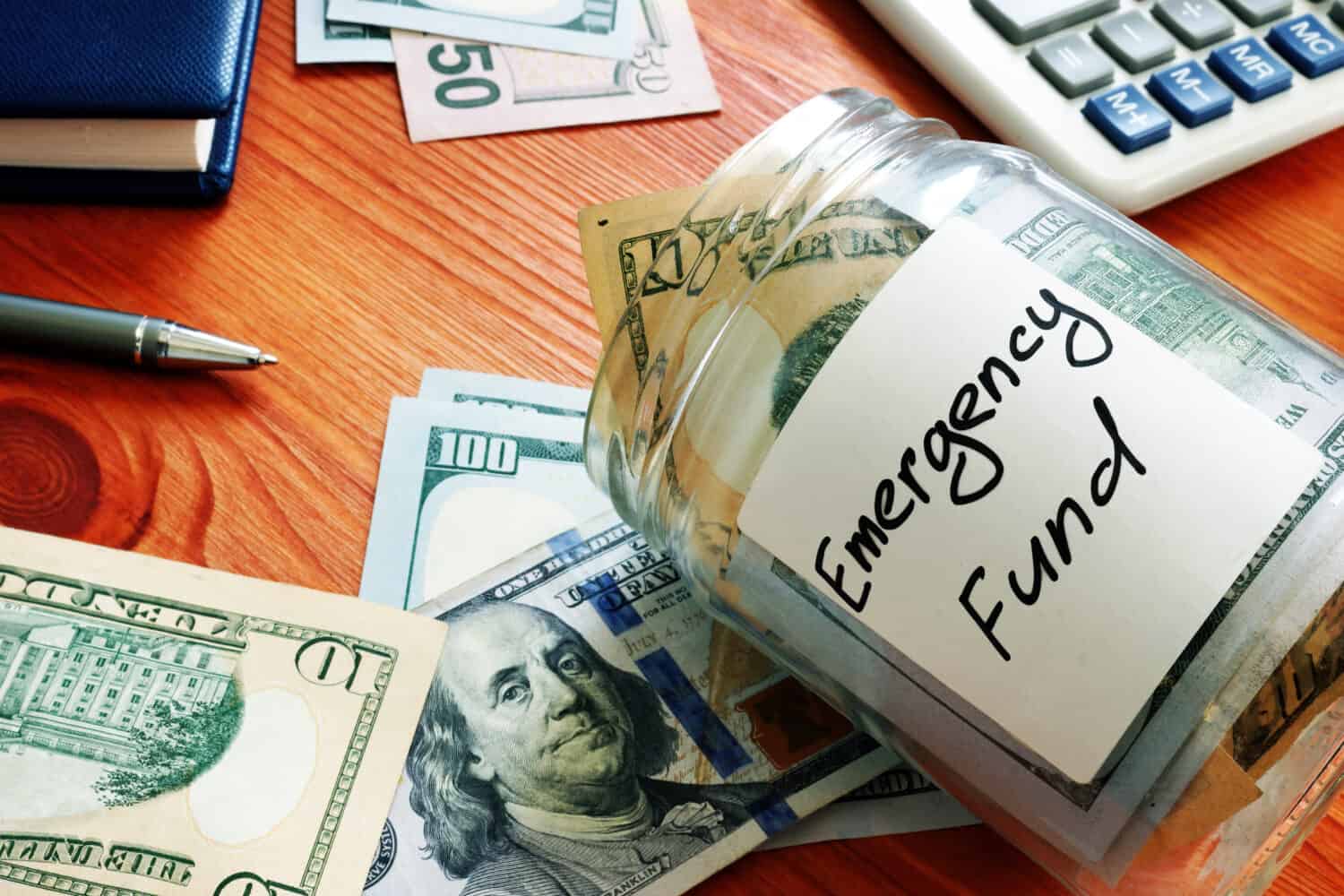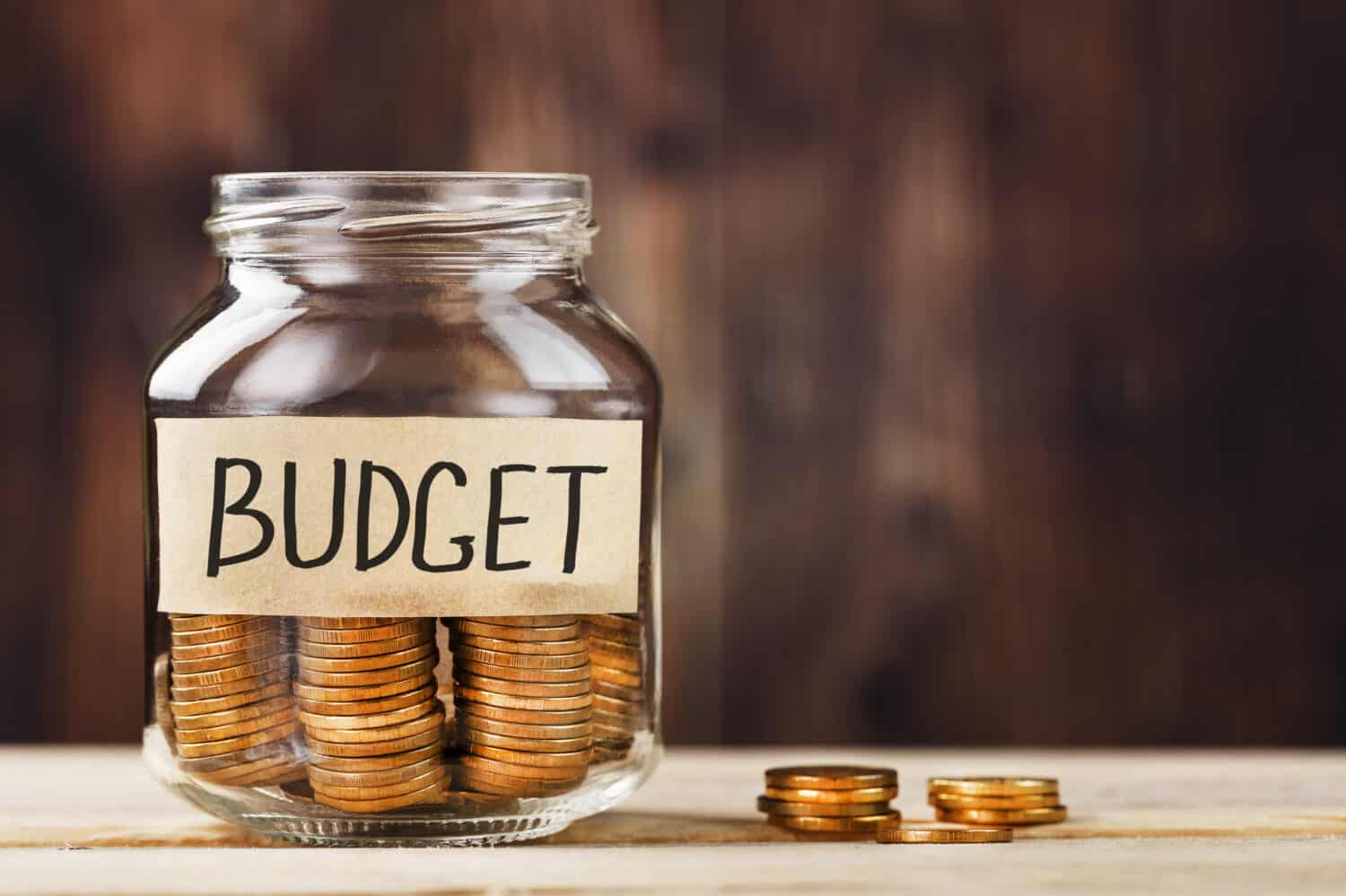
It can be easy to fall into crippling debt if you’re not careful. And it can be immensely difficult and emotionally stressful to get out of it.
But by taking a few precautions, you can avoid falling into debt while potentially improving your credit score and developing good financial habits in the process.
So here are some steps you can take to get started.
1. Build an emergency fund

It always helps to have a plan B, especially when it comes to unforeseen financial challenges.
With an emergency fund, you won’t have to reach for your high-interest credit card to cover a medical bill, car repair bill or other unexpected threat.
Most financial experts say you should have at least six months worth of expenses saved in an emergency fund. But that’s not always feasible, especially in high inflationary environments. So don’t be intimidated by this rule of thumb. Start building an emergency fund with anything you can factor out of your income that’s not needed for necessities and put it toward savings.
It can also help to stick to a savings plan. Consider taking a small percentage out of each paycheck to fuel your emergency fund or a set amount each month.
It can also help to park this money in a high-yield savings account. Some banks even let you set up automatic deposits from your checking account, which could put your savings plan on cruise control.
2. Pay off your credit card balance each month

The average credit card APR is around 30%, making these pieces of plastic some of the most expensive lending products around.
But if you pay off your entire balance by each monthly due date, your bank can’t charge you any interest at all.
Still, be sure to use your credit card on occasion. Long-term inactivity can make the credit card company close your account, which could negatively impact your credit score.
3. Use your credit card like a debit card

It can be easy to look at a line of credit like it was free money and then use it to splurge. But taking that route could lead to maxing out your credit card very fast.
So it’s important to never use a credit card to buy what you can’t afford. Try not to use it for purchases you can’t pay off with your own debit card by the time your bill rolls around.
4. Stay on track of your bill payments

Missing payments like your credit card bill can trigger interest charges and late fees, while also delivering a hit to your credit score.
In fact, making timely payments is the No. 2 most important factor when it comes to your credit score. But by keeping track of when bills are due, you can avoid missing payments.
You can do this in any way that suits you. Jotting down due dates on a piece of paper, putting post-it notes on your laptop, using a word processor or spread sheet, marking it up on your calendar, etc.
Many banks, phone, cable and streaming companies also let you set up auto-pay for bills. This can save you time, as money would be automatically withdrawn from your checking account when bills are due.
5. Stick to a budget

By developing a budget and sticking to it, you could build good financial habits. There are many ways to make a budget from traditional pen and paper to advanced online software and apps.
There are also many ways to break down a budget. Some financial advisors recommend the 50/30/20 plan that separates your budget into needs, wants and savings.
The no-budget budget prioritizes needs, savings and debt payments. So you’d set your monthly income to tackle these expenses first and foremost. You can then use what’s left on what you want without overdrawing your account and making sure you’d have enough next month to cover the priorities.
The bottom line: why we’re covering this

Falling into debt can be easy and getting back out can be extremely difficult. But by taking some careful steps, you can avoid that pitfall. So consider starting and building an emergency fund, using your credit card wisely, and sticking to a budget that helps you pay off your needs and debts without sacrificing money for the things you want. We want to help you avoid that.
Are You Ahead, or Behind on Retirement? (sponsor)
If you’re one of the over 4 Million Americans set to retire this year, you may want to pay attention.
Finding a financial advisor who puts your interest first can be the difference between a rich retirement and barely getting by, and today it’s easier than ever. SmartAsset’s free tool matches you with up to three fiduciary financial advisors that serve your area in minutes. Each advisor has been carefully vetted, and must act in your best interests. Start your search now.
Don’t waste another minute; get started right here and help your retirement dreams become a retirement reality.
Thank you for reading! Have some feedback for us?
Contact the 24/7 Wall St. editorial team.





